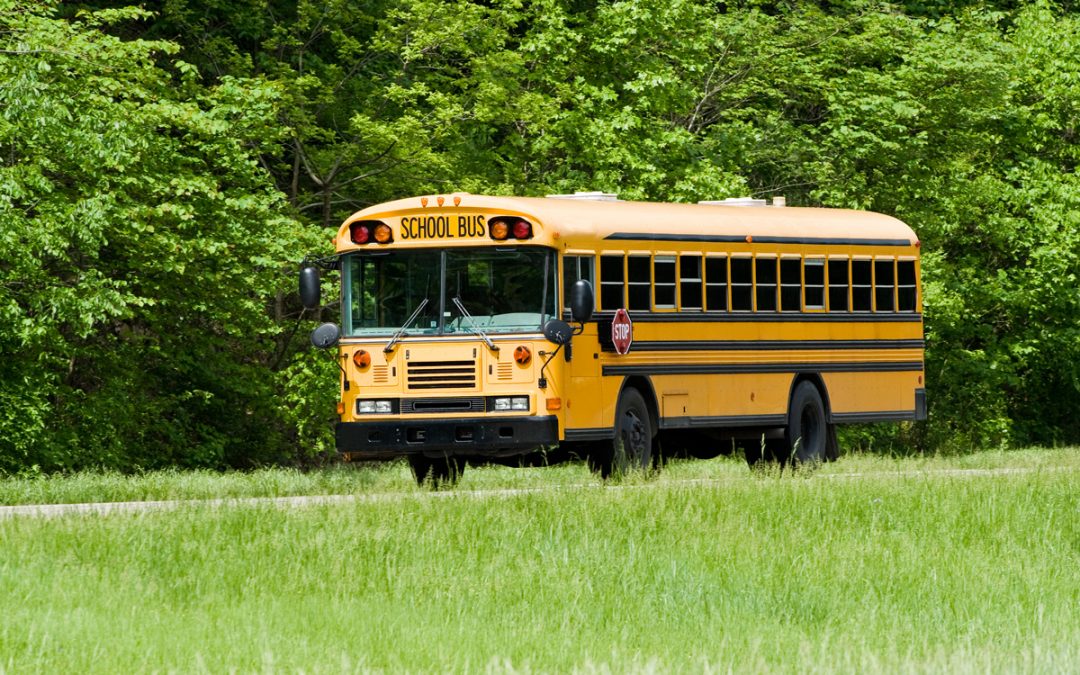We’ve failed our children for far too long. The numbers are so astonishing it’s hard to even process what this means for our students and our society as a whole.
Statewide, over three quarters (76%) of sixth graders are behind grade level in math. Over 60% of third graders are not reading on grade level, which we know is a key predictor of future academic success.
Put differently, more students in Colorado are behind grade level than are on track in reading, writing and math.
District by district, the numbers tell more depressing stories. In Aurora Public Schools, less than 10% of all students in seventh grade can read at grade level. While 2021 data reflects the impact of the pandemic, results in 2019, pre-pandemic, were not all that better with only 13% of Aurora seventh graders on track with their reading skills.
In District 11 in Colorado Springs, only 5% of Black students in elementary schools are on grade level for math. I’ll say that one again — only one in 20 Black students are proficient in math.
If you believe in educational equity, that statistic should make your blood boil. We are failing our children in a morally unforgivable manner.
In Adams 14 School District in Commerce City, where 87% of students are Hispanic, only 10% of third graders are reading on grade level and only 4% of eighth graders met grade level expectations in math last year. Participation rates on the state tests were low in 2021, but performance in prior years was not much better. The district has been identified by the state as the lowest-performing district since the ratings system began in 2009.
What these numbers mean for our children, and for our state, is that we have a generation of kids not reaching their potential. Masses of our young students will be unprepared to take grade level classes, let alone honors courses, in high school. They will be unprepared to enter college without the need for remediation. They will be unprepared to find and succeed in a job that pays family-sustaining wages. And our society and economy will suffer as a result.
You thought we had a shortage of engineers and doctors now? With only 24% of our sixth graders on track in math, our future STEM sector isn’t looking promising.
Thankfully, we can measure the academic progress of our students and identify where we need to send targeted support and resources to catch up those who are furthest behind.
Read the full opinion editorial on the Colorado Springs Gazette website.


